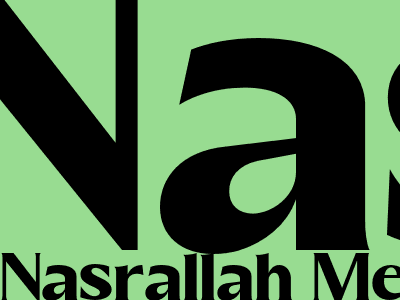Nasrallah Memes: Exploring the Humorous and Political Landscape of Social Media
Introduction
The realm of social media has become a fertile ground for the proliferation of memes, and the image of Hezbollah's Secretary-General, Hassan Nasrallah, has emerged as a popular subject. These memes, often humorous or satirical, have played a significant role in shaping public perception and political discourse in the Middle East and beyond.
The Origins and Evolution of Nasrallah Memes
The genesis of Nasrallah memes can be traced back to the early days of social media platforms such as Facebook and Twitter. As the conflict in Lebanon and the broader Middle East escalated, images of Nasrallah became widely shared, often accompanied by witty or critical captions. Over time, these memes evolved, reflecting the changing political landscape and the ongoing debates surrounding Hezbollah's role in the region.
The Humorous Side of Nasrallah Memes
Many Nasrallah memes focus on the comical aspects of his appearance, mannerisms, and speeches. These memes often feature exaggerated facial expressions or depict him in humorous or even absurd situations. By playfully poking fun at Nasrallah, these memes provide a form of catharsis for those who may feel frustrated or amused by his political stance.
The Political Undertones of Nasrallah Memes
While some Nasrallah memes are purely humorous, others carry deeper political undertones. These memes often criticize his political views, question his legitimacy, or mock his perceived hypocrisy. By using humor as a weapon, these memes can effectively challenge the authority of a powerful figure and mobilize public opinion.
The Impact of Nasrallah Memes on Public Perception
The widespread circulation of Nasrallah memes has had a significant impact on public perception, both in Lebanon and internationally. These memes have helped to shape public opinion on Hezbollah and its leader, often influencing debates and shaping political discourse. By presenting Nasrallah in a humorous or critical light, these memes can undermine his credibility and challenge the legitimacy of his movement.
Conclusion
Nasrallah memes have become an integral part of the social media landscape in the Middle East, reflecting the region's complex political and cultural dynamics. These memes serve as a humorous outlet for public expression, a tool for political critique, and a powerful force in shaping public opinion. They continue to evolve, providing a unique glimpse into the social and political landscape of the region.

Komentar